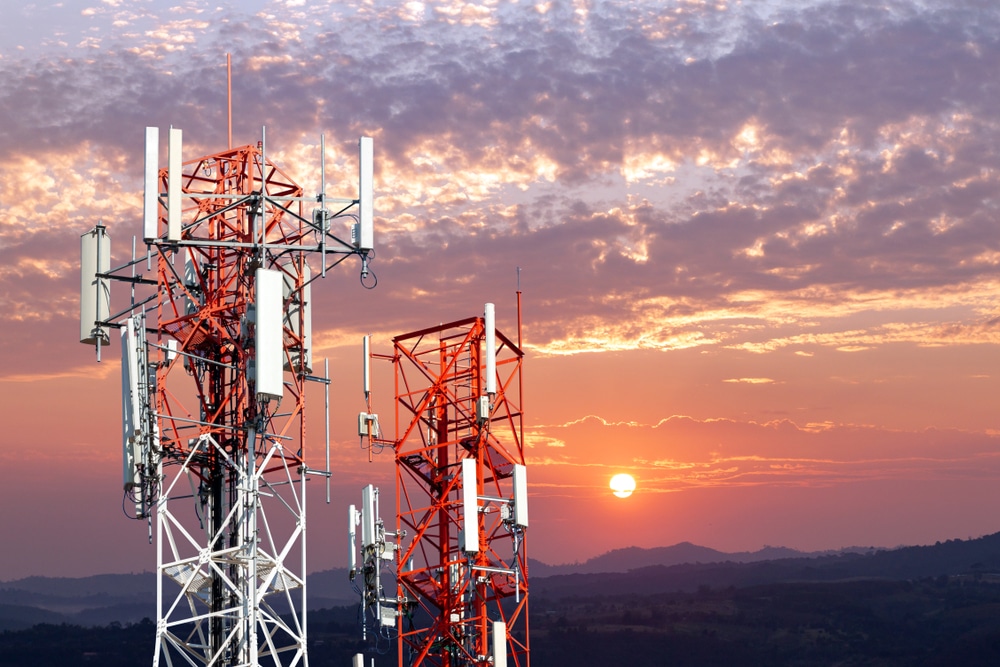Telecom cell towers use rugged battery energy storage systems for a few reasons:
- Unreliable grid power: In many locations, the grid power supply may be unreliable or prone to frequent outages. In such cases, telecom companies need a reliable backup power source to keep their cell towers up and running. Battery energy storage systems can provide a reliable and consistent source of power during outages.
- Remote and inaccessible locations: Many cell towers are located in remote or hard-to-reach areas, making it difficult and expensive to connect to the grid. In these situations, battery energy storage systems can provide a more cost-effective and reliable solution.
- Increased network capacity: As telecom networks continue to expand and demand for data continues to grow, cell towers are handling more traffic than ever before. Battery energy storage systems can help to manage this increased demand by providing additional power capacity during peak usage times.
- Environmental factors: Cell towers are often exposed to harsh weather conditions such as extreme heat, cold, rain, and snow. Rugged battery energy storage systems are designed to withstand these conditions and provide consistent power even in harsh environments.
Overall, the use of rugged battery energy storage systems helps to ensure that cell towers remain operational and connected, even in challenging conditions or during power outages.
There are several alternatives to battery energy storage systems (BESS) for telecom cell tower applications. Most of these are energy production alternatives, which, when paired with batteries, make operations much more efficient. Here are a few examples:
- Diesel Generators: Diesel generators are a traditional backup power solution for cell towers. They are reliable and can provide power for extended periods of time. However, they require fuel resupply and emit greenhouse gases, making them less environmentally friendly than BESS.
- Fuel Cells: Fuel cells are an alternative to diesel generators that produce electricity through a chemical reaction between hydrogen and oxygen. They are efficient and produce zero emissions, making them an environmentally friendly option. However, they can be expensive to install and require a steady supply of hydrogen.
- Solar Panels: Solar panels are a renewable energy option that can provide power during the day. They are environmentally friendly and can be cost-effective over the long term. However, they require a large amount of space and may not be suitable for all locations or weather conditions.
- Wind Turbines: Wind turbines are another renewable energy option that can provide power in areas with consistent wind patterns. They are environmentally friendly and can be cost-effective over the long term. However, they require a large amount of space and may not be suitable for all locations.
- Flywheels: Flywheels are a type of mechanical energy storage that use a spinning rotor to store energy. They are environmentally friendly and can be highly efficient. However, they are less common than other alternatives and may require more maintenance.
Each of these alternatives has its own advantages and disadvantages, and the choice of which to use will depend on factors such as location, power requirements, and cost. In some cases, a combination of these solutions may be used to provide backup power for telecom cell towers.
The SMARTESTORAGE team will be happy to design the optimal systems, taking into consideration the return on investment as well as mitigating risks from unreliable power supply from the grid. The goal is operational continuity through energy security.

